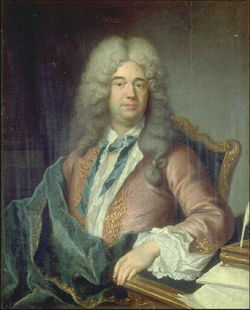A Quote by George Washington
It will be found an unjust and unwise jealousy to deprive a man of his natural liberty upon the supposition he may abuse it.
Related Quotes
Dream big dreams! Others may deprive you of your material wealth and cheat you in a thousand ways, but no man can deprive you of the control and use of your imagination. Men may deal with you unfairly, as men often do; they may deprive you of your liberty; but they cannot take from you the privilege of using your imagination. In your imagination you always win!
In most ages many countries have had part of their inhabitants in a state of slavery; yet it may be doubted whether slavery can ever be supposed the natural condition of man. It is impossible not to conceive that men in their original state were equal; and very difficult to imagine how one would be subjected to another but by violent compulsion. An individual may, indeed, forfeit his liberty by a crime; but he cannot by that crime forfeit the liberty of his children.
The good citizen will demand liberty for himself, and as a matter of pride he will see to it that others receive the liberty which he thus claims as his own. Probably the best test of true love of liberty in any country is the way in which minorities are treated in that country. Not only should there be complete liberty in matters of religion and opinion, but complete liberty for each man to lead his life as he desires, provided only that in so doing he does not wrong his neighbor.
We have abundant reason to rejoice that in this Land the light of truth and reason has triumphed over the power of bigotry and superstition, and that every person may here worship God according to the dictates of his own heart. In this enlightened Age and in this Land of equal liberty it is our boast, that a man's religious tenets will not forfeit the protection of the Laws, nor deprive him of the right of attaining and holding the highest Offices that are known in the United States.
The so-called godly man may be more likely to do serious wrong than a man who deeply questions himself. The 'godly man' often zealously follows religious precepts that, in the end, justify an unjust injury to others, while the questioning man, addressing his own conscience, may have the better chance to consider all the circumstances and come to the just decision.































